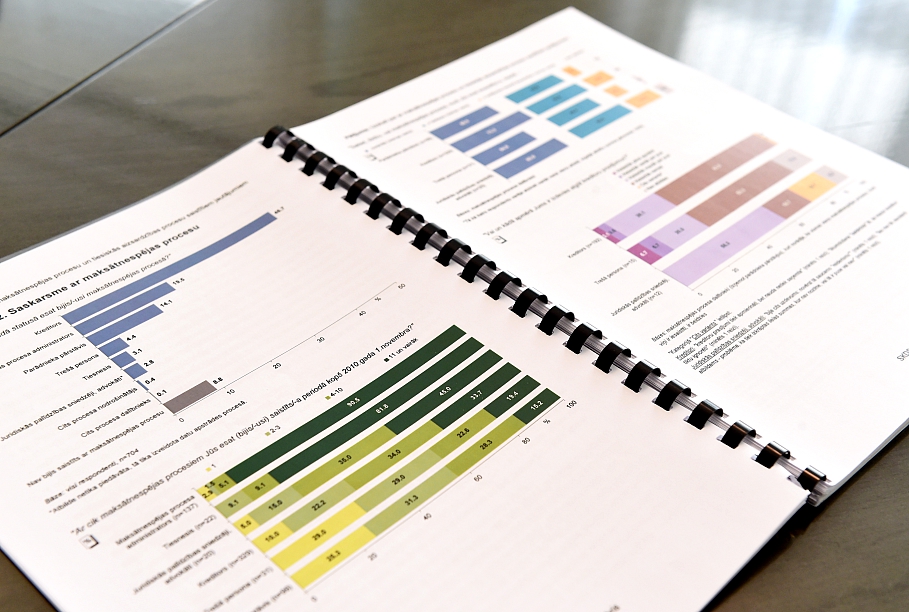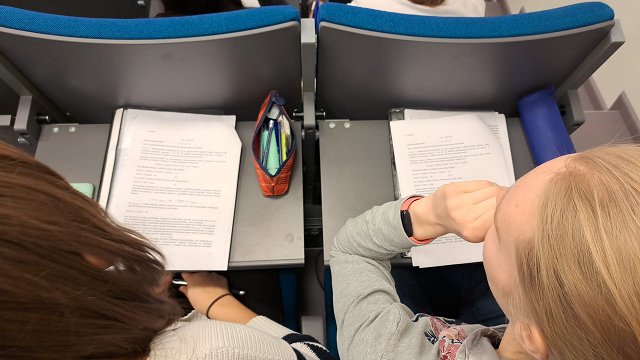Having at least two experts evaluating a doctoral thesis will mean a higher quality education and faster road to international circulation, officials hope. The Education Ministry has suggested making significant changes to the writing and presentation of doctoral theses, with the idea being to organize these procedures in English instead of Latvian.
This idea has encountered broad opposition in society, with more than 450 professors, writers, linguists and translators signing a letter asking that the language choice be left in the hands of students and universities. However, the idea was put forward specifically by the natural sciences and engineering university departments.
"It's an opportunity to be closer to everything going on in a specific area of science. The conceptual report foresees that if a topic is mainly associated with a situation in Latvia, then undoubtedly such a choice doesn't apply," said Education and Science Minister Ilga Šuplinska (New Conservative Party).
Opinions on the subject vary. About one third of all doctoral dissertations at Riga Technical University are completed in English, so they are more inclined to support the transition to mandatory dissertations in a foreign language.
"If we have the English language we have a better chance of attracting good opponents. So respectively – logically, the quality of works increases," says RTU Vice Rector for Research Tālis Juhna.
Meanwhile opponents feel that if only dissertation annotations are available in Latvian, as suggested by the Education and Science Ministry, scientific texts in Latvian will practically disappear.
"Scientist aren't working only to become more internationally quotable and recognized. Any scientist, whether they're working in the social or exact sciences, works primarily for Latvian society. Not only for the world, but also for their country," said University of Latvia Vice Rector Ina Druviete.
The ministry is still open to suggestions and is holding a public discussion on the topic on Thursday, November 21. After the opinions have been compiled, the report will be handed in to the government for consideration.






























